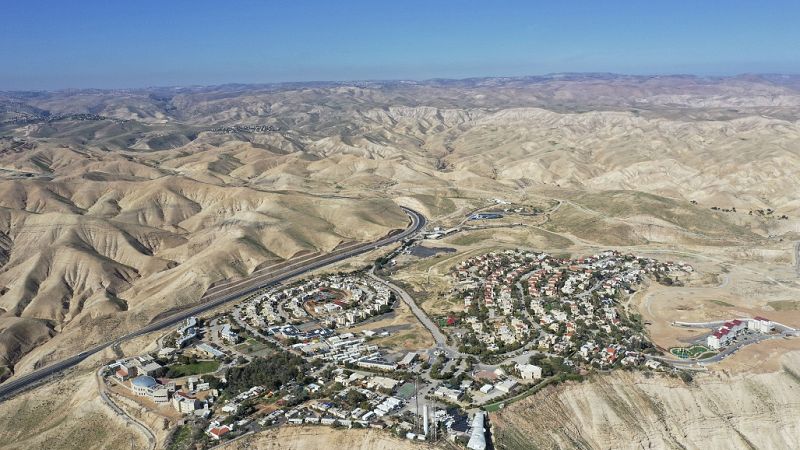UN blacklist grows: 68 companies linked to rights violations in Israel

The United Nations has significantly expanded its blacklist of companies accused of contributing to human rights violations against Palestinians through their activities in Israeli settlements, a move that amplifies a long-standing diplomatic clash.
The UN added 68 new companies from 11 countries to its database, bringing the total to 158 firms.
The list, first established nearly a decade ago, predominantly features Israeli companies but also includes major businesses from the US, Germany, Spain, and others.
The update primarily targets firms in construction, real estate, mining, and quarrying, deeming their operations supportive of settlements considered illegal under international law.
Notable additions include Germany's Heidelberg Materials and Spain's Ineco, while travel giants like Expedia and Airbnb remain listed.
Political tensions heightened
This update arrives at a politically sensitive time, as some European nations have recently recognized a Palestinian state in protest of Israel's military actions in Gaza.
It also follows Israeli threats of annexation in the West Bank and approval of new settlement homes.
The UN human rights office stated it urges businesses to conduct due diligence to avoid human rights abuses.
However, the list is a symbolic tool from the UN Human Rights Council, lacking legal power to enforce compliance.
Limited practical impact
While intended to name and shame, the actual financial impact on listed companies remains unclear.
The list's update is seen more as a diplomatic gesture to maintain pressure on Israel regarding its settlement policy, amidst fading prospects for a two-state solution.
The debate continues over whether such measures can effectively curb settlement expansion or simply deepen political divisions.
Today

